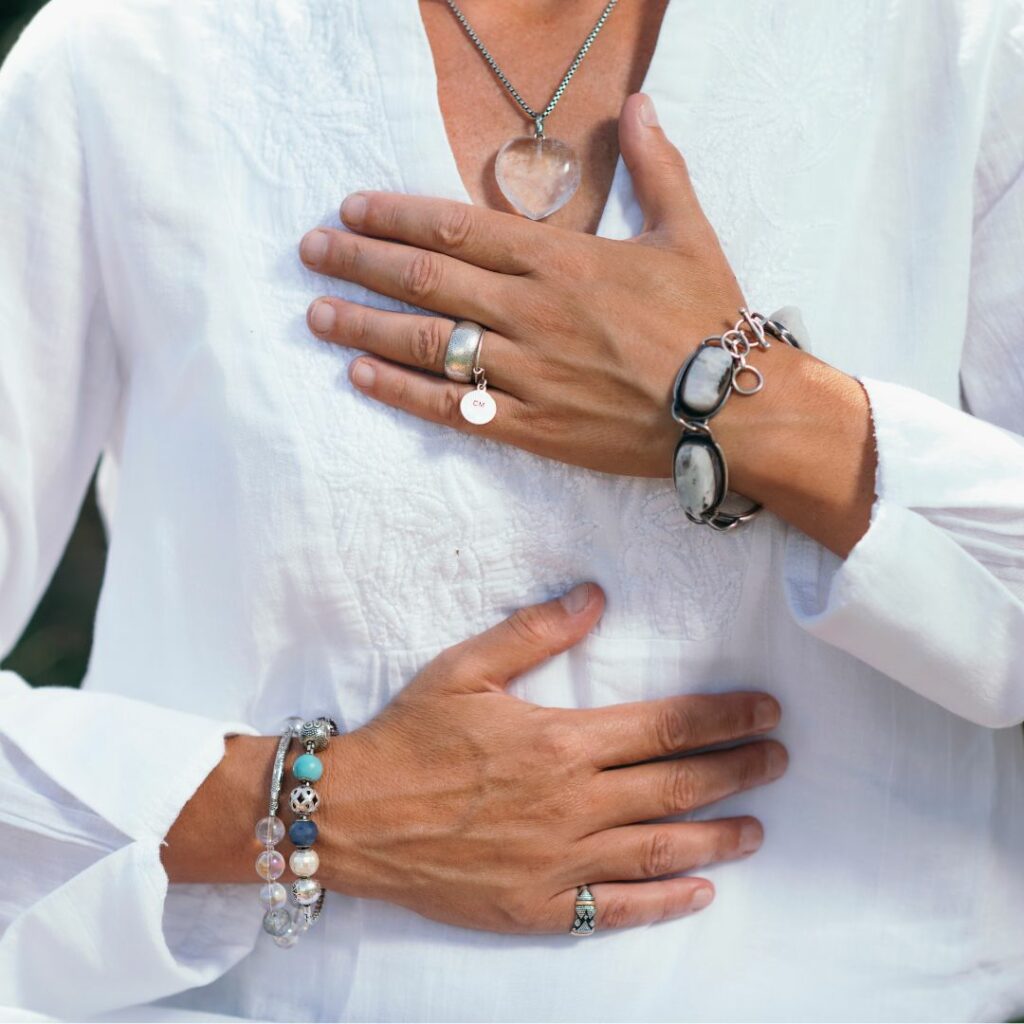
As Unitarian Universalists, we embrace the reproductive justice framework, which espouses the human right to have children, not to have children, to parent the children one has in healthy environments and to safeguard bodily autonomy and to express one’s sexuality freely.
The reproductive justice movement was founded at a time when the unique range of issues faced by women of color were not addressed by the predominantly white middle class women’s rights and reproductive rights movements nor the predominantly male civil rights movement. Those issues have included forced sterilization, forced contraception, and higher rates of removal of children from families due to accusations of abuse or neglect. These issues, coupled with systemic racism, have frequently made parenting or co-parenting more difficult due to many factors, including but not limited to, discriminatory and unequal implementation of laws and incarceration rates, prohibitions imposed on people after incarceration, unjust immigration policies, and economic insecurity.
Reproductive justice is the term created by women of color in 1994, to center the experience of the most vulnerable, and to bridge the gap between reproductive rights and other social justice movements. Some of these women helped to found SisterSong and have explained that the reproductive justice framework “represents a shift for women advocating for control of their bodies–from a narrower focus on legal access and individual choice…to a broader analysis of racial, economic, cultural, and structural constraints on [their] power. Reproductive justice addresses the social reality of inequality, specifically, the inequality of opportunities that [women of color] have to control [their] reproductive destiny.”[1] We as Unitarian Universalists declare that all people have the right to self-expression with regard to gender and sexuality and the right to live free from sexual violence, intimate partner violence, and exploitation including sexual and reproductive exploitation.
The reproductive justice movement envisions the liberation of people of all genders, sexual orientations, abilities, gender identities, ages, classes, and cultural and racial identities. Such liberation requires not only accurate information about sexuality and reproduction and control of personal reproductive decisions, but also living wages, safe and supported housing, high quality and comprehensive medical and reproductive health care, access to voting and the political process, affordable legal representation, fair immigration policies, paid parental leave, affordable childcare, and the absence of individual and institutional violence.
The world we envision includes social, political, legal, and economic systems that support everyone’s freedom of reproductive choice and expression of gender identity and sexuality, especially the most vulnerable and marginalized. In such a world, all communities are places of equality, abundance and safety, free from violence, oppression, and hazardous environments. This world includes access to safe, affordable, and culturally and developmentally appropriate child care and health care. In our vision, everyone has access to accurate information about sexuality and family planning, and safe, healthy, and culturally sensitive reproductive health services.
Our faith tradition has a long history of progressive witness for freedom and justice. Soon after the merger of Universalism and Unitarianism, the new Association (1961) adopted statements in support of civil rights and the rights of women. In time, the Unitarian Universalist Association of Congregations added advocacy for those facing oppression based on their sexual orientation or gender identity and expression. We have offered sexuality education across the lifespan within our congregations, and have advocated for these beliefs in the public sphere.
As participants in the reproductive justice movement, Unitarian Universalists commit to follow the lead of, act in solidarity with, and be accountable to communities of color and other marginalized groups, using our positions of power to support those communities’ priorities. Both those affected and their allies play important roles. Unitarian Universalists are laying the groundwork for the transformative power of multicultural organizing in partnership with reproductive justice organizations and leaders, looking for leadership from those most affected. We will use our position to speak loudly in the religious arena, as the religious voice has often been used to limit access to reproductive justice.
As Unitarian Universalists we covenant to uphold our seven principles. The first, second and sixth principles are the most applicable to Reproductive Justice. We are all relational beings with varying abilities, preferences, and identities. Unitarian Universalism calls us to advocate for the positive expression of sexuality, including choices about reproduction and nurturing, and for a culture of respect and empowerment. Our commitment to our principles calls us to support and partner with oppressed communities as we work together to build the world we dream about. In order to embody our principles, we as Unitarian Universalists must listen to and follow the lead of those from the affected communities, especially women of color, and reach outside our cultural assumptions.
Unitarian Universalists support gender equity, positive sexuality, diverse sexual expression and the individual’s right to make reproductive choices. Such choices are influenced by social and political systems as well as by factors such as racial/cultural identity, economic status, immigration/citizenship status, relationship with the justice system, health status, and ability. Our religious tradition directs us to respect the diversity of faith traditions that surround us and insists that no singular religious viewpoint or creed guide the policies of our governments.
Our pluralistic congregations include diverse beliefs, backgrounds, and personal stories. Yet we unite in striving to live out the values and principles that call us to work for reproductive justice in spite of the complexities of the issues.
We commit to putting our values into action, striving for equality and justice and honoring the rights, needs and choices of everyone. Affirming the interconnected web of life with justice for all people, we commit to undertake actions that could include the following.
As individuals we can
In our relationships we can
In our congregations we can
As an Association we can
With open minds, helping hands, and loving hearts, we work toward reproductive justice, and commit to replacing insecurity with safety, fear with acceptance, judgment with love, and shame with compassion.